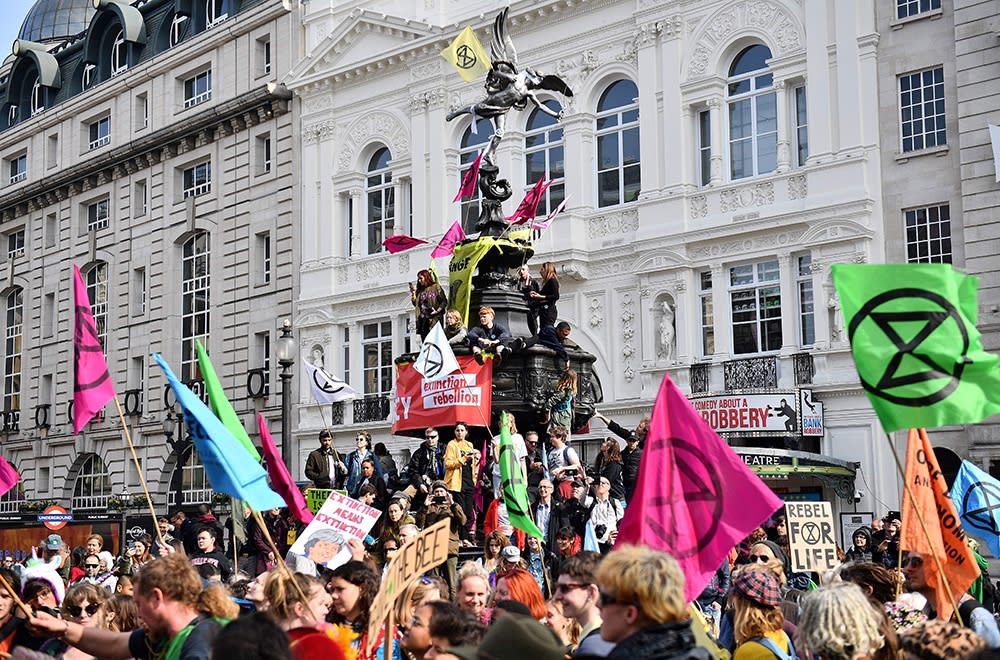Beyond Programming: GCC Statement on Direct Action
During the Paris Climate Agreement of 2015, the world’s governments agreed on a legally binding target to halve global emissions by 2030 to keep warming below 1.5°C. Remaining under this threshold gives the world a good chance of avoiding the worst-case scenarios of runaway climate breakdown.
GCC recognises the urgency of our 2030 timeline, and while we are focussed on educating the sector and building a foundation of environmental responsibility, this does not negate the importance of non-violent, direct action (NVDA). There is not one single solution to the climate crisis. We need a tapestry of responses and NVDA and civil disobedience are a powerful and historically effective tactic in movements for change.
“The most important single quality of any government, without which it would not exist, must be the obedience and submission of its subjects. Obedience is at the heart of political power.” - Gene Sharp
“When movements maintain mass and velocity, they maintain momentum” - Erica Chenoweth and Margherita Belgioioso
GCC also recognises the powerful role that protest movements have played in creating the surge of concern about the climate crisis across the art world over the last few years, ultimately contributing to the growth of GCC as an organisation. This includes everything from the Global School Strike for Climate (or Fridays For Future) to art world specific movements such as Culture Declares Emergency.
During the March Climate Crisis >> Art Action symposium, Frances Morris, Director of Tate Modern spoke to the power of such actions, citing the Liberate Tate art interventions in the Turbine Hall as equally legitimate as their commissioned works.
As such, GCC is calling on business owners to, where possible, allow time and support for staff to participate in climate initiatives and peaceful direct action. GCC will be running a series of member case studies highlighting members that are doing so. If you’d like to share your experience, please get in touch.

